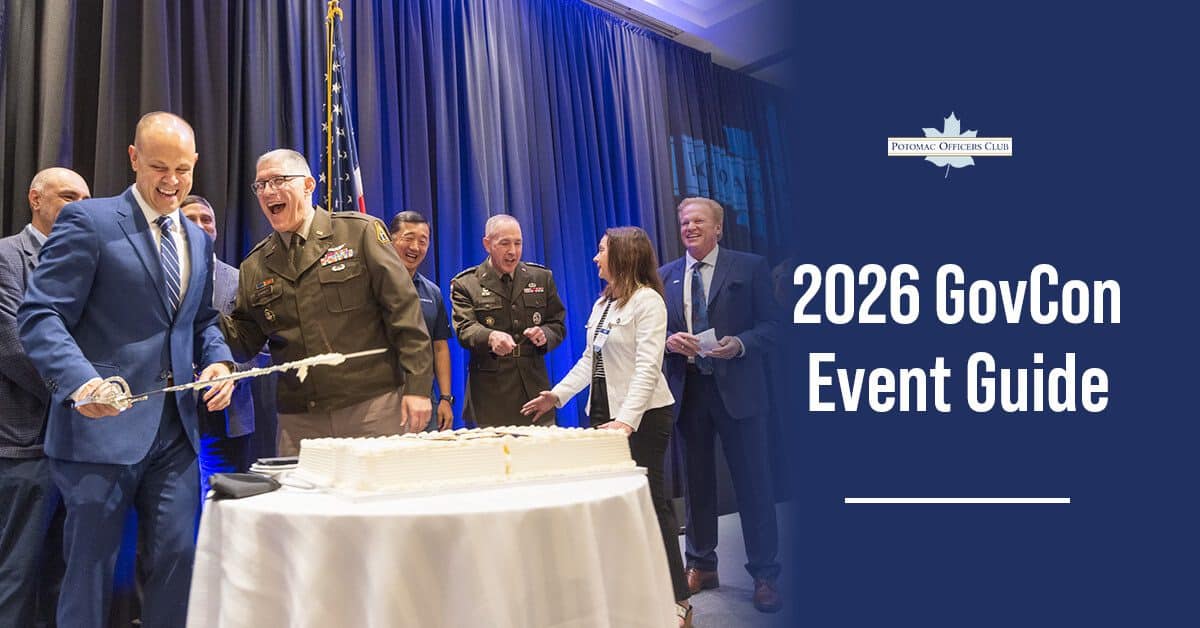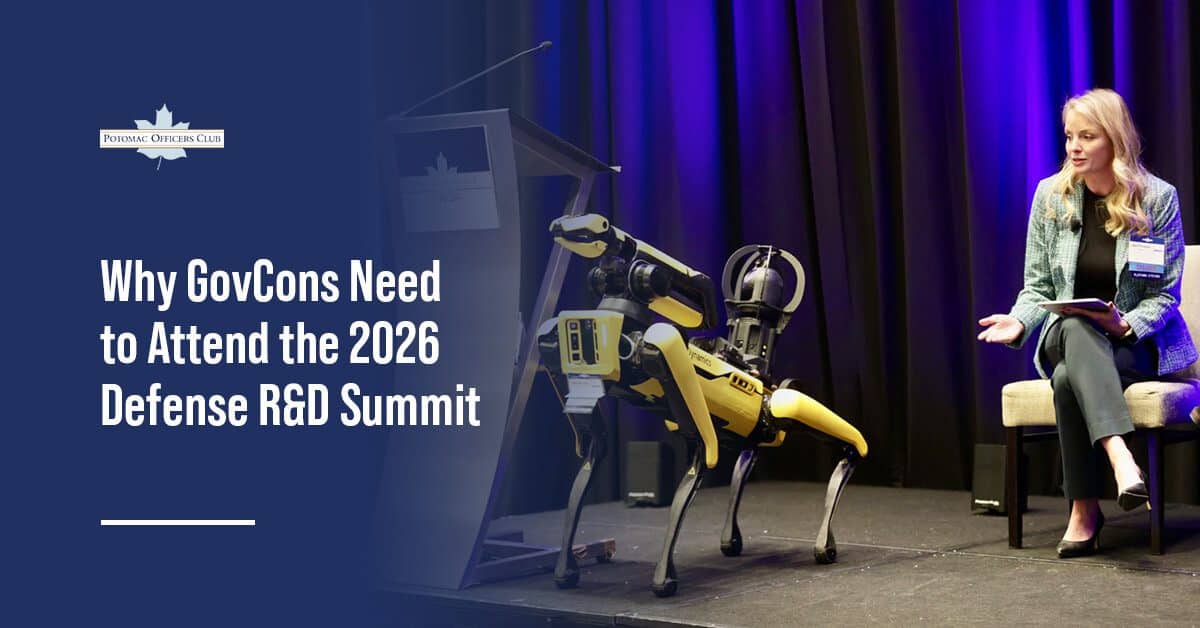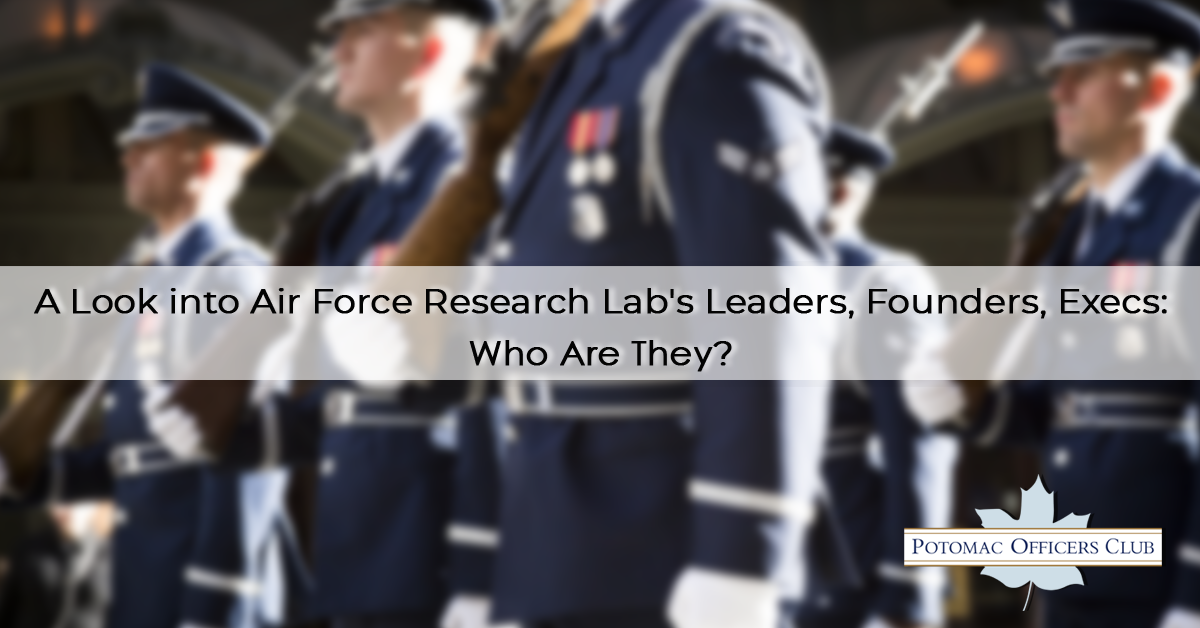
A Look into Air Force Research Lab’s Leaders, Founders, Execs: Who Are They?
The Air Force Research Laboratory (AFRL) is a leading government institution specializing in developing technological capabilities and integrating them into the missions of various detachments of the United States Air Force (USAF).
The success of the research lab wouldn’t have been possible without the exemplary leadership and minds of its executives. Here is a look into the Air Force Research Lab’s leaders, founders, and executives.
Air Force Research Lab’s Leaders, Founders, Execs: Who Are They?
Listed below are the leaders and executives taking the reins of operations at the Air Force Research Laboratory.
Brigadier General Scott A. Cain, Commander
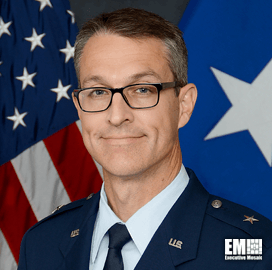
AFRL welcomed Brigadier General Scott A. Cain as its new Commander on June 5, 2023. He succeeded retired Major General Heather Pringle, who served as AFRL’s Commander since June 2020. As the current commanding officer, Brig Gen Cain oversees a broad range of operations concerning US Air Force warfighters. His primary duties include:
- Leading the research laboratory’s annual budget of $3 billion and the science, technology, and innovation enterprise
- Overseeing the acceleration of solutions tailored to Airmen and Guardians
- Developing an extensive portfolio for future warfighter missions using primary scientific research methods
- Promoting risk-taking and problem-solving tactics to over 6,000 members of the government workforce
- Expediting the delivery of multidomain missions to partners in the academia, industry, and international markets.
Brig Gen Cain’s leadership also encompasses the AFRL’s functional and technology directorates. He and his team actively participate in developing next-generation capabilities for AFWERX, the 711th Human Performance Wing, and many more. Before assuming his current role, he spent the earlier years of his career as an operational pilot in the U.S. Air Force for various combat missions supporting Operation Southern Watch. He previously served as Director of Air, Space, and Cyberspace Operations at the Air Force Materiel Command (AFMC).
Timothy Sakulich, Executive Director
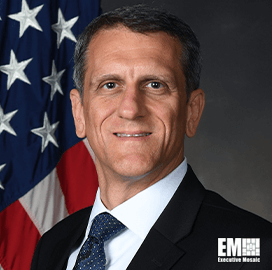
Timothy “Tim” Sakulich has been part of the Air Force Research Laboratory since 2010. He started his career as the Chief of the Strategic Planning and Transformation Office of the 711th Human Performance Wing. He took on the role of AFRL’s Executive Director in 2021. He leverages over ten years of experience in managing science and technology and externally funded research and development programs with a combined value of $6 billion.
Among his active contributions to the Air Force Research Lab’s growth is the opening of the New Joint-Use Secure Corporate Facility. Formed by four AFRL offices and directorates, the new accommodation was designed to be a workplace conducive to collaboration and communication between the research lab’s directorates.
According to Executive Director Sakulich, the new facility represents a “leap forward” for AFRL’s researchers to have a workplace and the right tools to continue developing cutting-edge warfighting technologies. In addition, the facility promotes a culture of innovation across the organizations within the AFRL.
Dr. Timothy J. Bunning, Chief Technology Officer
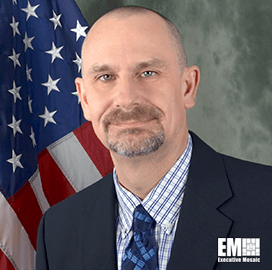
Dr. Timothy J. Bunning is the current Chief Technology Officer of AFRL, a position he has held since 2020. His role extends to other AFRL directorates, namely the Air Force Materiel Command, the 711th Human Performance Wing, and nine others. Additionally, he is partly responsible for the planning and implementation of the $2.8 billion Air Force science and technology initiative yearly.
Other than his current executive officer role, Dr. Bunning actively participates in various technical communities, such as the Society of Optical Engineering, the American Physical Society, the American Chemical Society–including its Polymeric Materials Science and Engineering Division–the Optical Society of America, the Materials Research Society, and the Royal Society of Chemistry.
Dr. Andrew D. Williams, Deputy Technology Executive for Space Science and Technology
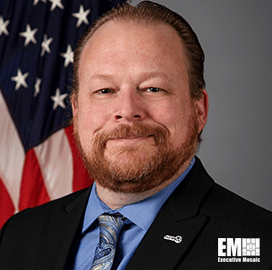
AFRL appointed Dr. Andrew “Andy” Williams as its Deputy Technology Executive (DTEO) of Space Science and Technology in 2021. His role entails assimilating and executing the research laboratory’s space science and technology investments to accommodate the US Space Force’s need for advanced technological solutions and services.
Dr. Williams has been a crucial member of AFRL since 2003; he previously held management positions tackling missions from the United States Space Force (USSF). Most recently, he was the Space Mission Area Lead, where he coordinated customer engagement strategies and ensured they aligned with the needs of the USSF, Space Operations Command, and Space System Command.
In April 2023, Dr. Williams is one of the key speakers at AFRL’s 2023 Space Symposium. He highlighted that the USSF is advancing science and technology efforts at the Air Force Research Lab to deliver resilient architectures and increase the cost of aggression.
With the space domain becoming a more prominent field for warfare, leaders are gathering at the Potomac Officers Club’s 2024 Space Summit to discuss how the United States can establish its superiority in dealing with enemy threats and shaping the future of space. Click here to register and be part of the summit.
Similarly, there are perks to being an official member of the Potomac Officers Club. You may register here to expand your network and to meet other govcon industry leaders.
Alexis Bonnell, Chief Information Officer and Director of the Digital Capabilities Directorate
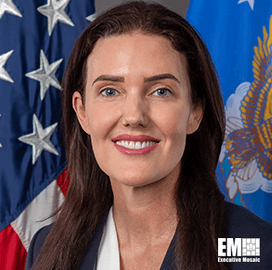
Alexis Bonnell joined the Air Force Research Laboratory in July 2023 and was appointed Chief Information Officer and Director of the Digital Capabilities Directorate. Her present position also encompasses the digital operations of AFWERX. She was most recently a Senior Tech Evangelist for Google’s public sector.
She leverages her expertise in information technology to fulfill her responsibilities in the strategic development of highly advanced technological capacities for the AFRL, as well as the delivery of the research lab’s Information Technology strategy.
Her AFRL appointment was a pivotal move as she has actively contributed to the faster deployment of transition and innovation culture across the Department of Defense (DoD) and critical missions for defense and warfare. Ms. Bonnell has served in war zones with the United Nations, implementing over $1 billion worth of operations across Iraq, Afghanistan, and other challenging environments.
Colonel Joel J. Luker, Vice Commander
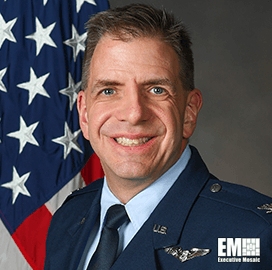
Colonel Joel J. Luker assumed the role of Vice Commander of AFRL in 2022. Added to that, Colonel Luker is a seasoned test pilot. He graduated from the Air Force Test Pilot School in 2002 and has flown over 50 different aircraft types. He oversees various budget implementations for a wide range of AFRL operations. These include:
- Aiding the commander in overseeing a budget of $7.5 billion allotted for discovering, manufacturing, and integrating warfighting capabilities and technologies for the U.S. Air Force and Space Force
- Leading a portfolio worth $127 million for upgrading state-of-the-art research facilities
- Directing all AFRL Headquarters operations, including the department’s budget of $219 million.
- Acting as Senior Military Adviser for over 500 officers within the Air Force and Space Force
Colonel Luker has been a vital part of AFRL since 1994, having started his career in various acquisition assignments. Before becoming Vice Commander, he served as a Senior Materiel Commander at the Air Force Life Cycle Management Center (AFLCMC), as a Squadron Commander at the National Air and Space Intelligence Center, and as Deputy Commander of the Edwards Air Force Base’s 412th Operations Group.
Chief Master Sergeant of the Space Force Carlos E. Labrador, Command Chief
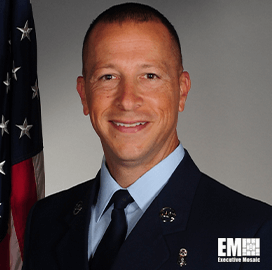
Chief Master Sergeant Carlos E. Labrador assumed the role of AFRL’s Command Chief in 2023. Concurrent to his role at the research lab is as Chief Master Sergeant of the U.S. Space Force. Since beginning of his career at the U.S. Air Force in 1996, he has been a distinguished leader equipped for various roles and missions.
In his present position, CMSgt. Labrador advises the commander on all matters encompassing training, development, readiness, and the effective utilization of a workforce comprising 6,500 officers across all AFRL’s technology and functional committees, such as AFWERX and the 711th Human Performance Wing. Prior to becoming Command Chief of AFRL, he served as the Command Chief of the National Air and Space Intelligence Center.
Colonel Michael T. McGinley, Mobilization Assistant to the Commander of AFRL
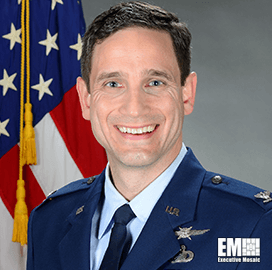
Colonel Michael T. McGinley has held the position of Mobilization Assistant to the Commander of AFRL since February 2022. He aids Commander Brig Gen Cain in leading the development, discovery, and integration of combat and defense capabilities for the air, space, and cyberspace forces. Colonel McGinley also leads over 100 reservists to strengthen a workforce comprising over 6,000 officers from AFWERX, the 711th Human Performance Wing, and other directorates.
Other than assisting the AFRL commander, Col. McGinley participates in the direction of the $3 billion science and technology program and $3 billion externally funded research and development projects. Before assuming his present role, led the charge of the DoD’s Gig Eagle talent marketplace, served as an adviser at SAF/AQ, and spearheaded the Boston operations of the Defense Innovation Unit and the agency’s engagements with the DoD.
(Above executive photos from the official Air Force Research Lab website)
About Air Force Research Lab
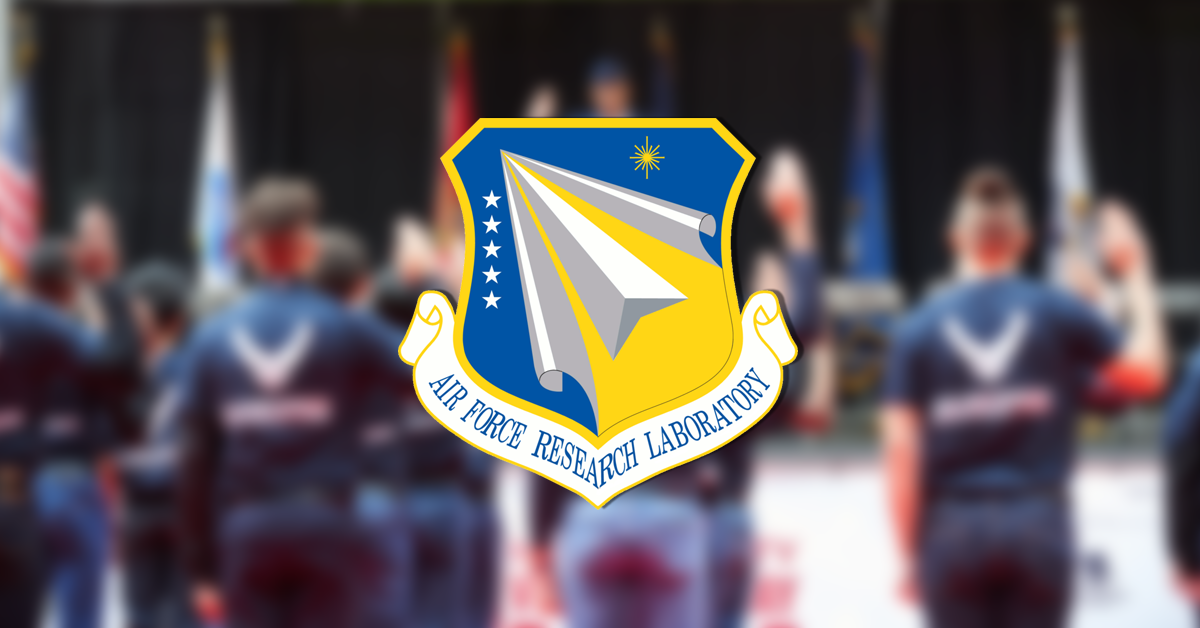
The Air Force Research Laboratory is the science research and development task force of the United States Air Force Materiel Command. Its prime objective is to discover, develop, and integrate warfighting technologies and capabilities into air, space, and cyberspace forces.
Established on October 31, 1997, AFRL was a consolidation of four US Air Force laboratory facilities, namely Wright, Phillips, Rome, and Armstrong. The current Air Force Research Lab is headquartered at the Wright-Patterson Air Force Base in Ohio and leads more than ten functional and technology directorates.
Air Force Research Lab: Experts in Creating Tomorrow’s Technology
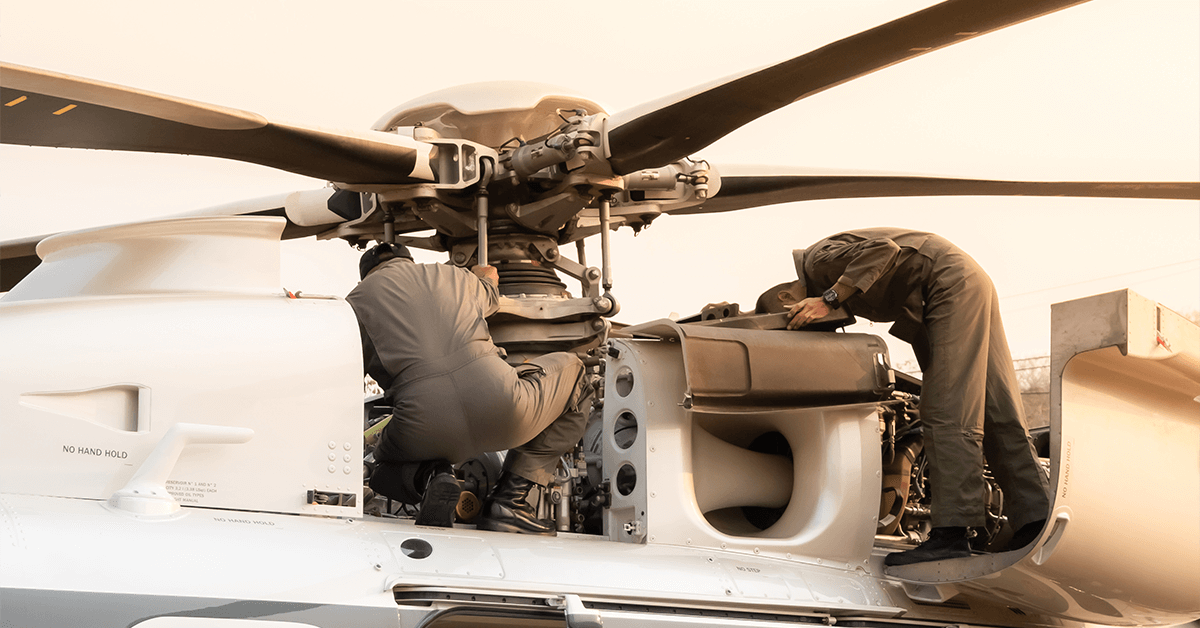
AFRL harnesses more than 100 years of heritage and excellence from its four predecessors to engineer and implement next-generation technologies. These cutting-edge capabilities have contributed to the US Armed Forces’ significant achievements in their missions and products covering electronics, medical research, modern communications, and many more.
Learn more about the top government contracts won by the Air Force Research Lab and their seminal impact on advancing warfighters’ capabilities.

Category: Articles


